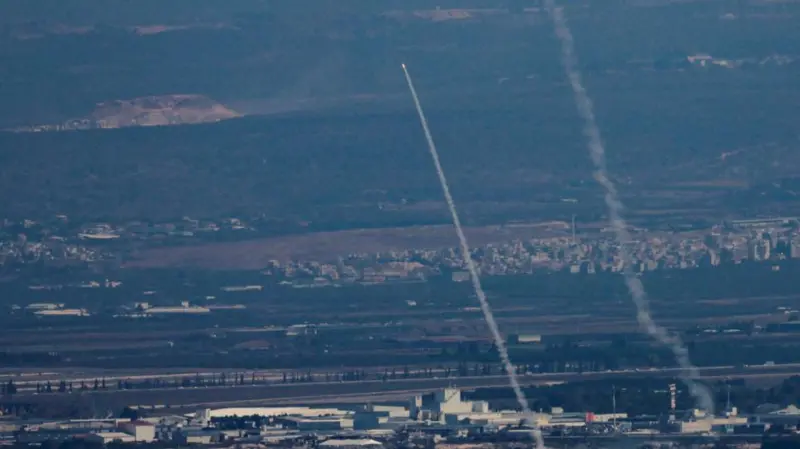Israel rejects ceasefire with Hezbollah, defying U.S., allies amid escalating conflict

The Israeli government Thursday rejected ceasefire proposals with Hezbollah, defying calls from allies, including the United States, which had urged a three-week halt in fighting to allow diplomacy and prevent a wider conflict.
“There will be no ceasefire in the north,” Israeli Foreign Minister Israel Katz stated on X. “We will continue to fight against the Hezbollah terrorist organization with all our strength until victory and the safe return of the residents of the north to their homes.”
His remarks dampened hopes for a swift resolution after Lebanese Prime Minister Najib Mikati had expressed optimism that a ceasefire might soon be reached in Lebanon, where hundreds of thousands have fled their homes in search of safety.
World leaders have raised concerns about the rapid escalation of the conflict, which runs parallel to Israel’s war in Gaza. The most intense fighting in nearly two decades between Israel and the Iran-backed Hezbollah has sparked fears of a potential Israeli ground offensive along the Lebanese-Israeli border.
The U.S., France, and several other allies called for an immediate 21-day ceasefire along the Israel-Lebanon border and advocated for a similar truce in Gaza, following extensive discussions at the United Nations.
In the past week, Israel has carried out its most intense airstrikes on Lebanon since the 2006 war, resulting in the deaths of more than 600 people as months of cross-border clashes with Hezbollah near all-out war.
In retaliation, Hezbollah has launched hundreds of missiles at Israeli targets, including Tel Aviv for the first time, though Israel’s aerial defense systems have kept the damage to a minimum.







